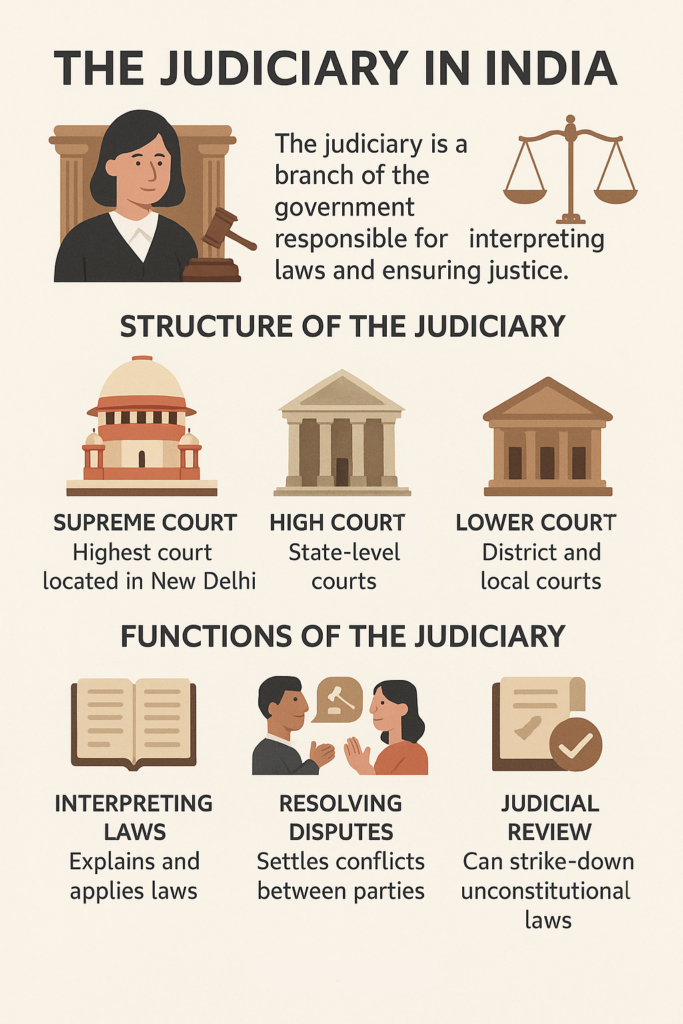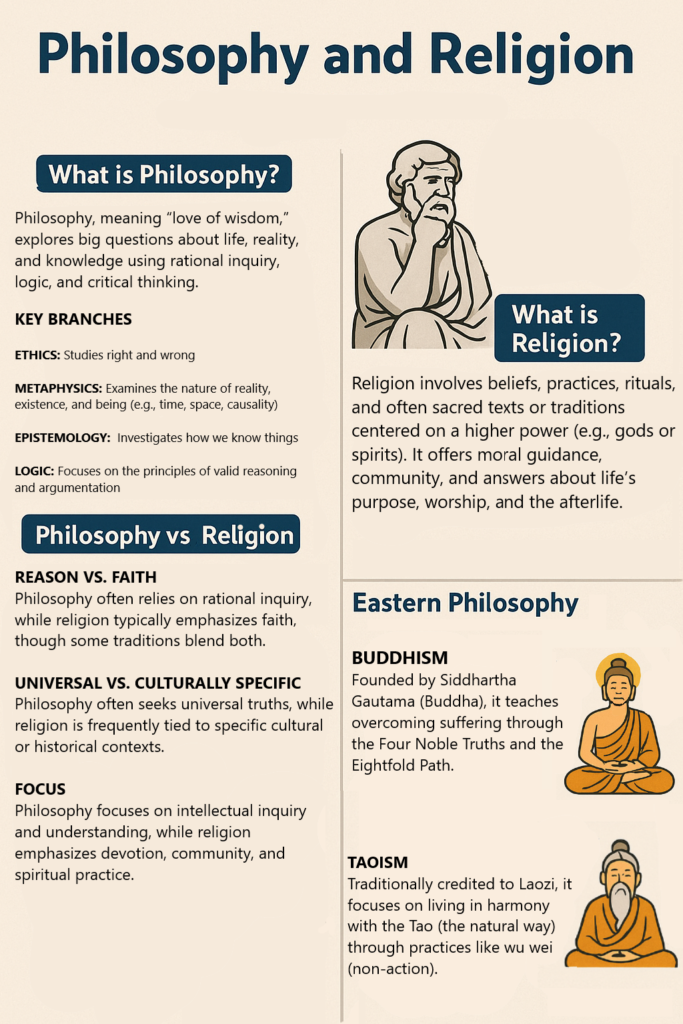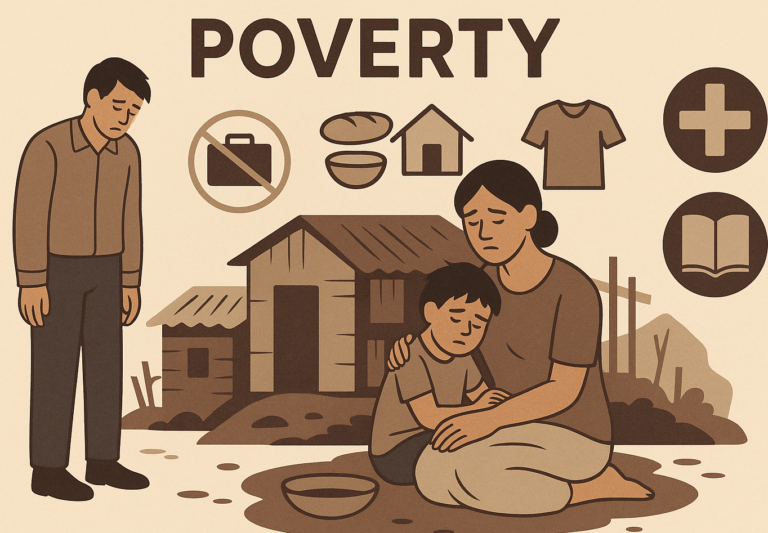What Are Fundamental Rights?
In India, fundamental rights are basic human rights that are guaranteed by the Constitution. These rights are given to all citizens of India, and they ensure freedom, equality, and protection from unfair treatment. They are listed in Part III of the Indian Constitution and include:
- Right to Equality (Article 14 to 18)
- Right to Freedom (Article 19 to 22)
- Right against Exploitation (Article 23 and 24)
- Right to Freedom of Religion (Article 25 to 28)
- Cultural and Educational Rights (Article 29 and 30)
- Right to Constitutional Remedies (Article 32)
These rights are essential for protecting the dignity and freedom of individuals and ensuring a just society.

What is the Role of the Indian Judiciary?
The Indian Judiciary is the system of courts in India that interprets and applies the law. It plays a crucial role in protecting fundamental rights. The Judiciary, especially the Supreme Court of India, ensures that the rights guaranteed to the people in the Constitution are upheld, even when the government or other powerful institutions violate them.
How Does the Judiciary Protect Fundamental Rights?
Here’s how the Indian Judiciary plays an active role in protecting these rights:
1. Judicial Review
- Judicial review means that the Judiciary has the power to review laws made by the legislature and actions taken by the executive (government). If a law or action violates the fundamental rights of a person, the courts can strike it down as unconstitutional.
- For example, if the government passes a law that goes against the right to equality or freedom of speech, the Supreme Court or High Courts can declare it invalid.
2. Enforcement of Fundamental Rights (Article 32)
- Article 32 of the Constitution gives every citizen the right to approach the Supreme Court if they believe their fundamental rights have been violated. This is called the right to constitutional remedies.
- For example, if a person’s right to freedom of speech is being restricted unjustly, they can go to the Supreme Court to seek justice and demand their rights be restored.
- The Supreme Court has the power to issue writs (orders) like Habeas Corpus (to release someone unlawfully detained), Mandamus (to order a public authority to do its duty), Prohibition (to stop unlawful acts), and more to protect rights.
3. Public Interest Litigation (PIL)
- The Indian Judiciary allows individuals or groups to file a Public Interest Litigation (PIL) in the court on behalf of the public, even if they are not personally affected. This is done to protect the rights of disadvantaged groups or the environment.
- PILs have been used to protect the rights of the poor, women, children, and marginalized communities. It’s a powerful tool because it enables people to approach the courts to correct wrongs without needing to be directly impacted.
4. Protection Against Abuse of Power
- The Judiciary protects individuals from the abuse of power by the government, police, or any other authority. For example, if the police violate a person’s right to personal liberty, the courts can intervene and ensure that the person is not wrongfully detained or harmed.
- The Judiciary ensures that the government cannot simply take away people’s rights without proper legal procedure.
5. Right to Equality
- The Judiciary plays a key role in protecting the Right to Equality. For example, if a law or government policy discriminates against a particular group (based on caste, religion, or gender), the courts can strike it down.
- In one famous case, the Supreme Court struck down a law that discriminated against women in the military, ensuring that women’s rights to equality were protected.
6. Ensuring Fair Trial and Justice
- The Judiciary ensures that individuals accused of a crime receive a fair trial. If a person’s right to fair justice is violated, like being unfairly imprisoned or tortured, the courts will intervene.
- Courts ensure that laws are applied equally to everyone and that no one is above the law
Right to Privacy (2017):
- The Supreme Court ruled that Right to Privacy is a fundamental right under Article 21, ensuring that the government cannot infringe on the personal privacy of citizens without valid reason.
Conclusion
The Indian Judiciary is the guardian of fundamental rights in India. It ensures that individuals’ rights, like the right to equality, freedom of speech, and right to life, are protected. Through judicial review, constitutional remedies, and PILs, the Judiciary steps in whenever there is a violation of these rights. This makes sure that every citizen’s basic freedoms and dignity are upheld, and that those in power do not misuse their authority. So, in simple words, the Indian Judiciary acts like a protector of the fundamental rights of people, making sure that no one is denied justice, fairness, or freedom.











